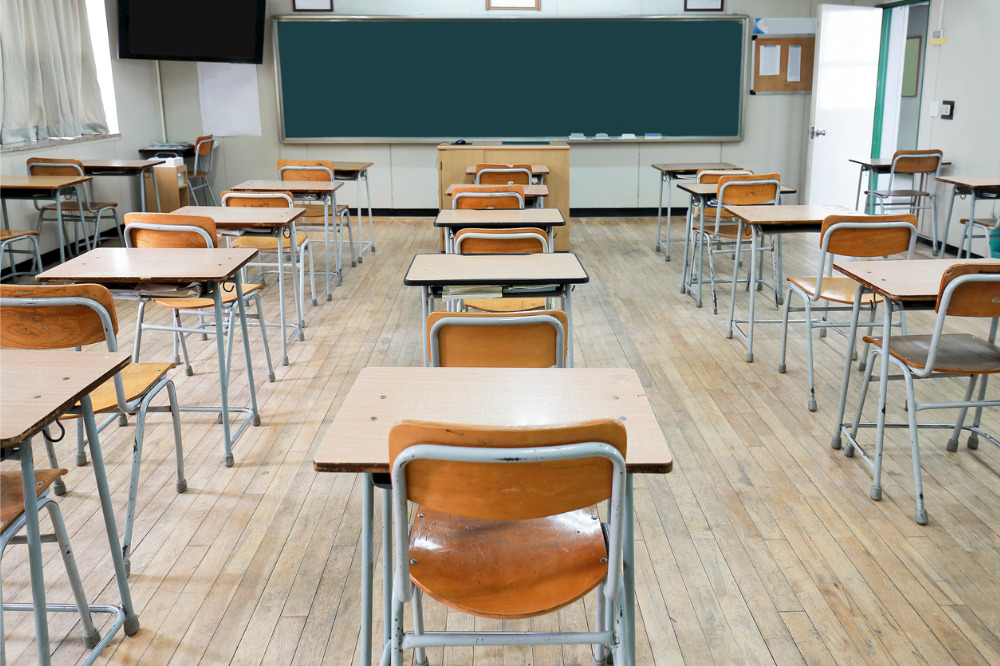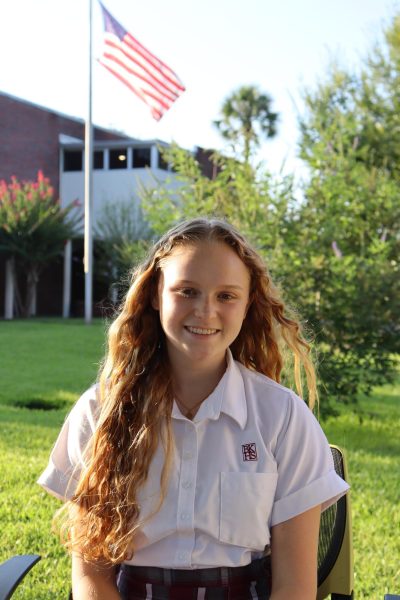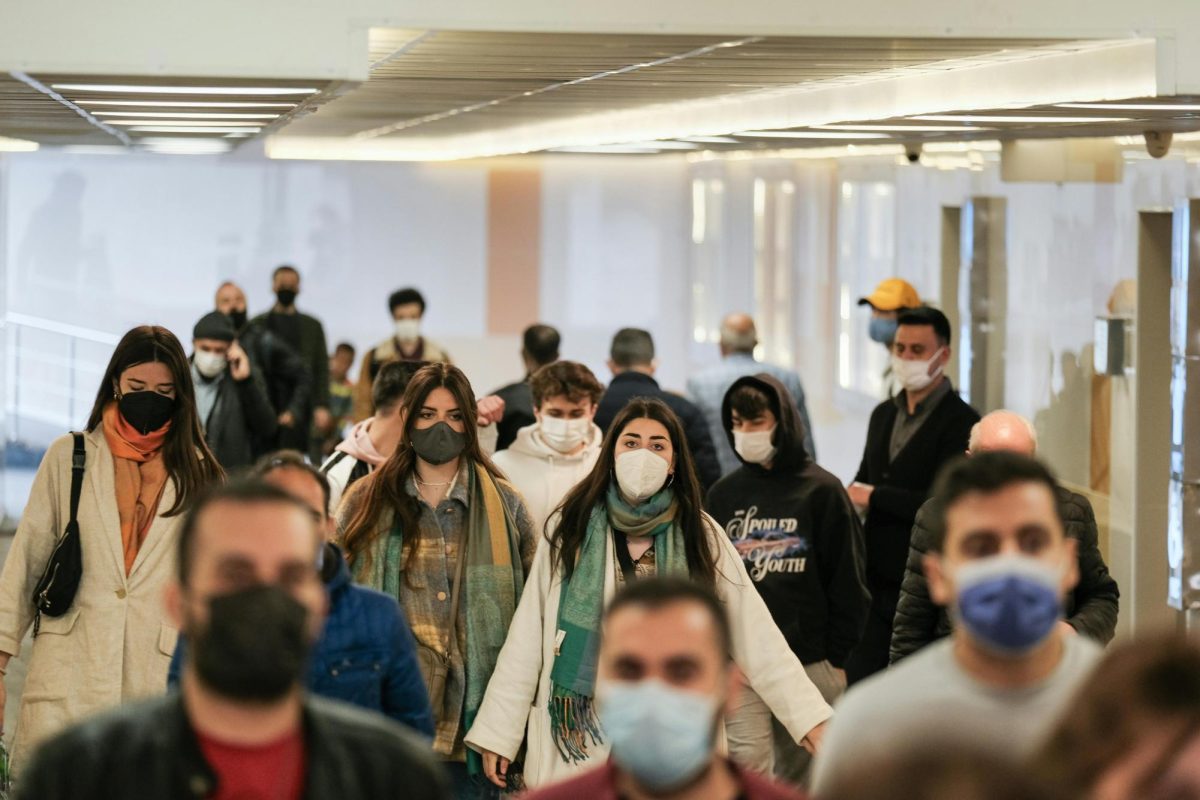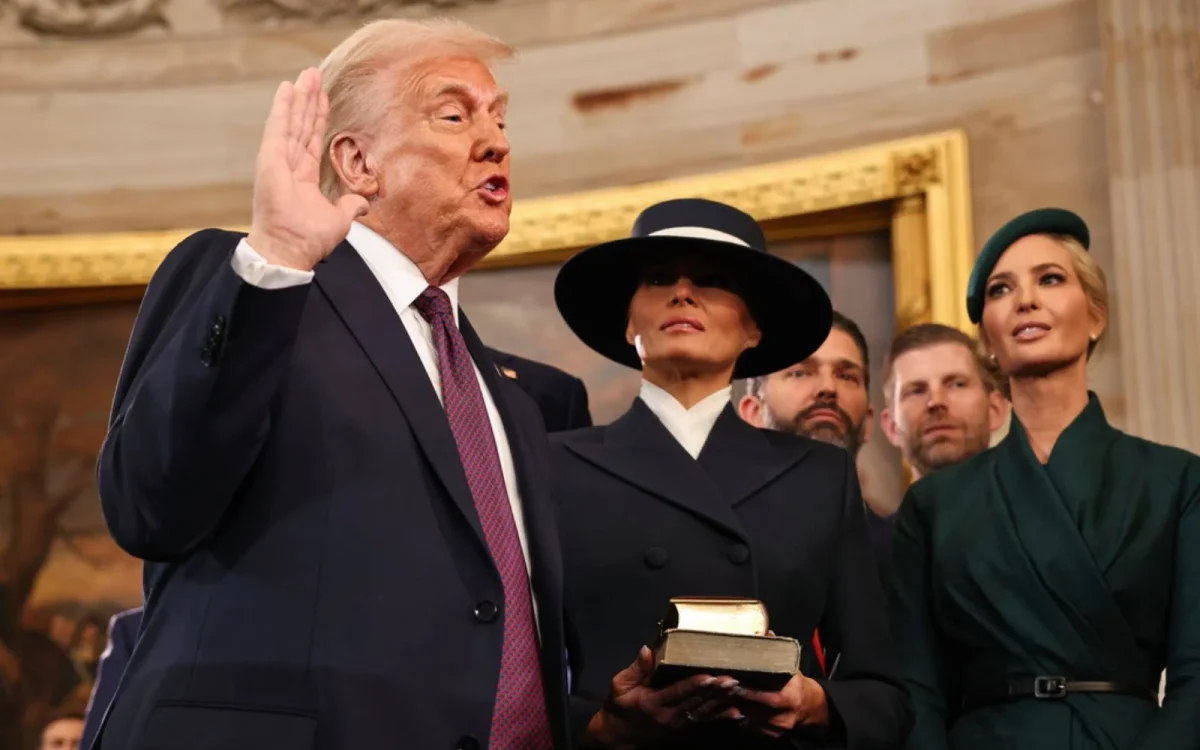Tennessee passed the law HB 1202 that authorizes school staff members and faculty to carry a concealed handgun on school campuses on April 9, 2024.
This law was inspired by an increase in school shootings in recent years.
The law is a revised version of the same law that, before these changes, only allowed law enforcement officers who were assigned to that campus authorization to carry a concealed firearm and also made revisions towards the 3rd amendment.
This law change is required for public schools within the states that authorize this but allow special accommodations for private schools.
According to the Tennessee General Assembly, the old requirements to carry a concealed firearm on school campuses were that the person must be employed by the LEA or the local educational agency, be assigned to that school, possess an enhanced handgun carry permit, have joint authorization from the director of schools and the school’s principal, complete 40 hours of basic training in school policing and be a law enforcement officer or have past experience as one.
These past requirements made it to where only law enforcement officers could carry firearms.
While in contrast, the new revised law states that a teacher or staff member of a school can have concealed handguns while on campus.
Key changes to the law include that the type of firearm is limited to only handguns, removes prior law enforcement service requirement, changes the training requirement, and adds carry limitations according to the location on campus and states that students are prohibited from possessing a firearm at all times.
According to law HB 1202’s revised regulations, the carrier must have written authorization from the school’s district director and school principal and chief of law enforcement. The revised training requirements includes the initial 40 hours of basic training in school policing but now also has 40 hours of post commission-approved school policing training that needs to be renewed annually. Locations that prohibit firearms include auditoriums and stadiums with school events, certain meetings, clinic and hospital and areas posted as prohibited.
The 3rd amendment also underwent changes to further protect all students and faculty.
These changes specifically include further security measures where the carrier must submit two full sets of fingerprints to local law enforcement, which then need to be approved. After this process is complete, a criminal background check is run on the fingerprints, then the fingerprints are submitted to the FBI in order to conduct a federal criminal history record check. The carriers must also be approved by a licensed healthcare provider, who is a psychiatrist, that they are without mental disorders or impairments that could affect their ability to safely possess and carry a concealed firearm on school campuses.
Furthermore, teachers who are authorized to carry a concealed handgun do not have to notify parents of students who attend that school.
The states who follow this law have different degrees which they abide by.
Throughout the country, 32 states allow teachers to carry firearms under certain restrictions such as if an assailant is on campus, the school gives permission or the carrier is apart of the School Protection Program, according to the USCCA.
However, there is a divide between supporters and people who are against the law entirely.
Supporters defend the law through means that it was created as a quick response during school shootings and give an extra line of defense against intruders when police cannot quickly respond, according to WBIR-TV.
In contrast, non-supporters argue that it will do more harm than good and puts the students in danger because it can create confusion for responding law enforcement due to the assailant and teachers having firearms.
However, at the end of the day it is up to the voters within these states to decide whether or not they want to allow teachers and faculty within schools to carry concealed firearms which will either defend or put students more at risk.















